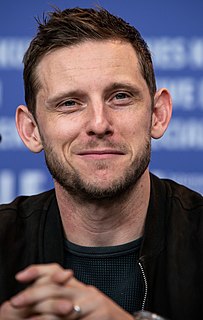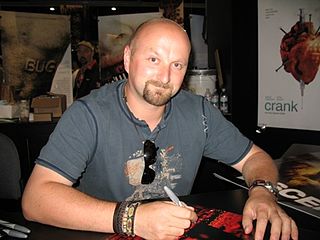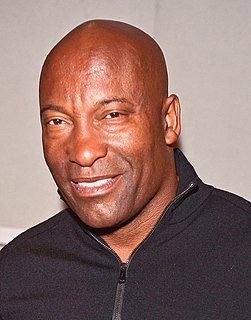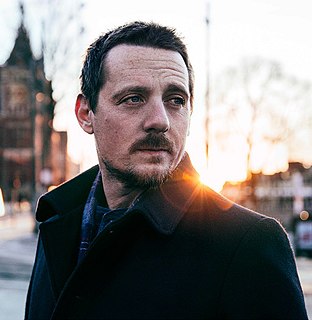A Quote by Sharmeen Obaid-Chinoy
I became a documentary filmmaker because I wanted to make socially conscious films. I never studied filmmaking - everything I have learned has been on the field.
Related Quotes
When I studied with Nicholas Ray he was always telling us, "If you want to make films, watch a lot of films, but don't just watch films, go take a walk, look at the sky, read a book about meteorology, look at the design of people's shoes. Because all of them are part of filmmaking." So I thought, perfect! That's a good job for me.
I was making commercials. That's how I learned the craft. That was the marketing part of it: directing commercial for TV. It wasn't the most common thing to become a filmmaker in Greece. I started by saying I was interested in marketing and have a proper job in advertising and commercials. Basically, I studied film to learn how to do marketing, and commercials. As I studied film I learned I'd be interested in making films instead of commercials.
None of our films look alike, we are very dialectical in our approach to each one, and 'Hoop Dreams' was no exception. That's what I love about documentary filmmaking, we never know where the story is going, we don't know what is going to happen next, and we're inside a culture of people that you have to figure out in many ways. It's a relationship between what you thought might have been the story, and what happens in the 'field.' Out of that comes the story, which was exactly what happened with 'Hoop Dreams.'
That's what I love about documentary filmmaking, we never know where the story is going, we don't know what is going to happen next, and we're inside a culture of people that you have to figure out in many ways. It's a relationship between what you thought might have been the story, and what happens in the 'field.'
I have an artist background and I got into the field because I heard things in my own head that weren't happening and I wanted to have the control. So I learned to record and mix and do all those things. I found it as a means to an end, and I was fascinated by sound and creating sound. I very quickly became addicted to understanding everything there was to know.
It's difficult to make movies. For me it was easier, as a refugee in Switzerland, to make documentary films, because I didn't need a lot of money for it. The way I tell my story or my opinion would be very similar in both fiction and documentary forms. But I found I could speak more effectively to convey this brutal reality through documentary than I could through fiction.































